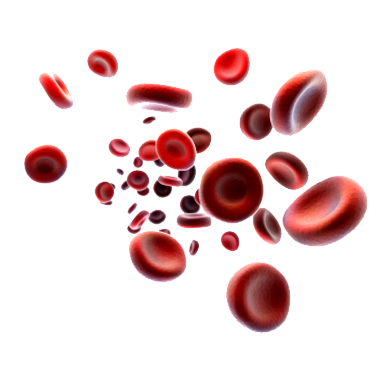Richard Lerner & Gregory Winter
2012 Prince of Asturias Award for TECHNICAL & SCIENTIFIC RESEARCH

Richard Lerner & Gregory Winter
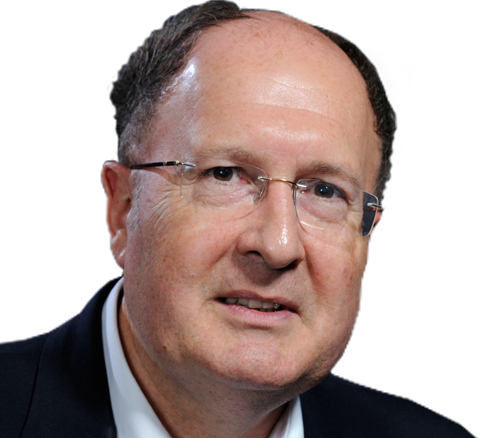
Gregory Winter Biography
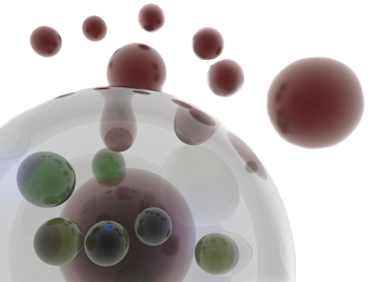
Gregory Winter Awards
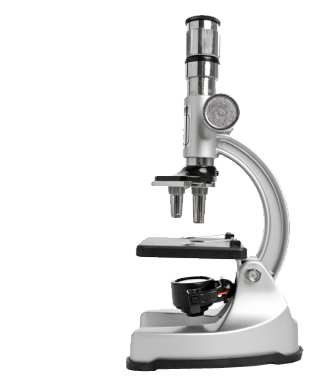
Gregory Winter Research
Within the LMB, Winter has been one of the leading biochemists in innovative techniques for creating monoclonal therapeutic antibodies and one of the pioneers in the development of techniques for the humanization of these antibodies, a key step for the human immune system not to identify them as foreign agents. He holds numerous patents and, in addition to being scientific advisor to several genetic engineering firms, was the founder in 1989 of Cambridge Antibody Technology, a biotechnology company promoted by the LMB to market these antibodies, including adalimumab for treating rheumatoid arthritis and Crohn's disease. He also founded the companies Domantis in 2000 and Bicycle Therapeutics in 2009.
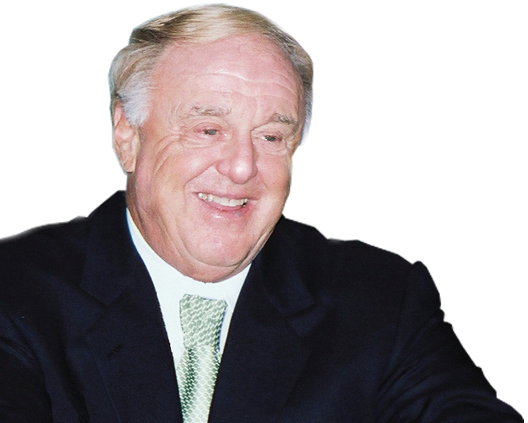
Richard Lerner Biography

Richard Lerner Awards
